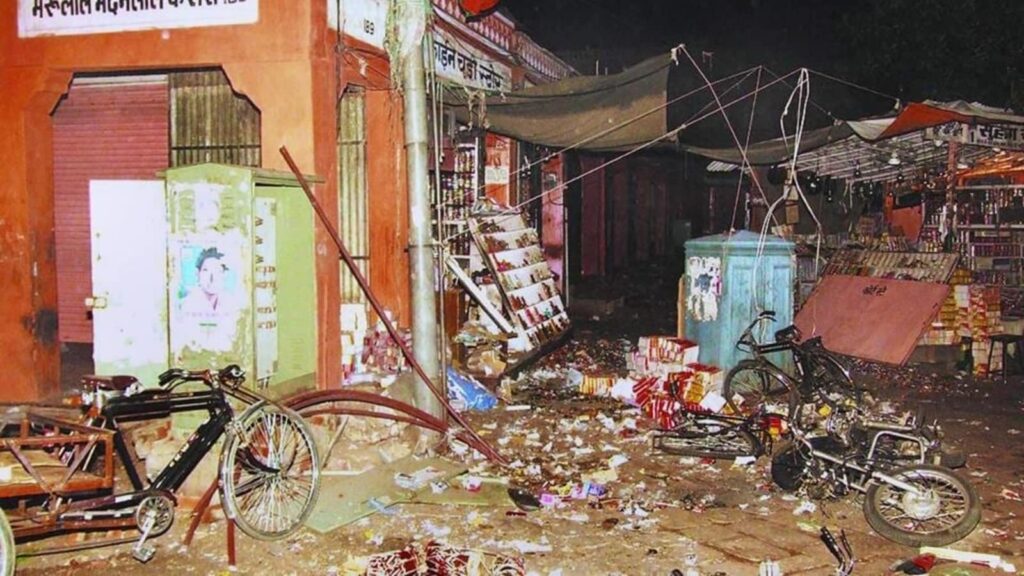In the annals of terror jurisprudence in India, it is now commonplace for higher courts to reverse mechanical convictions pronounced by trial courts. Even by those standards, however, the acquittal of four people convicted for their role in the 2008 Jaipur serial blasts and the negligence of the police is egregious — enough for the court to ask the police leadership to initiate disciplinary proceedings against officers responsible for the probe. The State has decided to appeal the ruling.
The police said operatives from terror outfit Indian Mujahideen strapped nine ammonium nitrate bombs to bicycles that went off between 7.20pm and 7.45pm across Jaipur on May 13, 2008, and charged five Muslim men with the crime. In 2020, a trial court acquitted one man and sentenced the other four to death. But the division bench found two main flaws in the prosecution’s argument — one, that there was very little evidence establishing the chain of events (and the other proof was found to have infirmities), and two, that there were procedural and logical gaps in the investigation. Justices Pankaj Bhandari and Sameer Jain said that the police and investigation agency failed to secure complete evidence in what was termed a shoddy investigation.
The acquittal raises questions about the veracity of the investigation, and the ability of the authorities in probing a terror case. It raises the possibility that people were wrongly incarcerated for over a decade. And if they were guilty, the poor investigation has meant the 79 people who died and 180-odd who were injured, have been denied justice. As the judges noted, this case was a classic example of institutional failure — and one that will continue until accountability is fixed and remedial measures taken.

